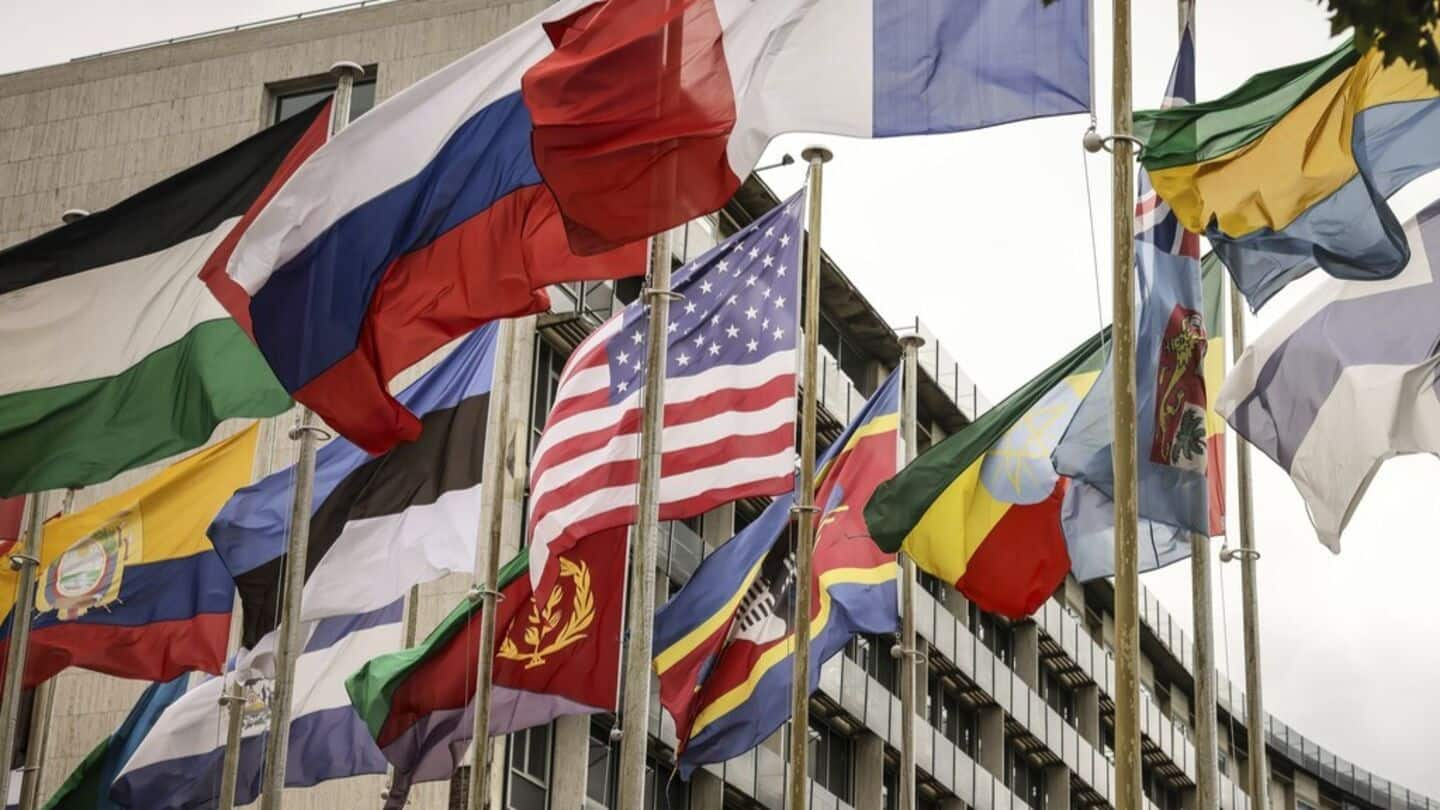
Why US is withdrawing from UNESCO again
What's the story
United States President Donald Trump has announced plans to withdraw the country from the United Nations Educational, Scientific and Cultural Organization (UNESCO). The decision was taken after a 90-day review of America's participation in UNESCO, which President Trump had ordered in February. The review focused on investigating any "anti-Semitism or anti-Israel sentiment within the organization."
Policy critique
Concerns over UNESCO's DEI policies
After the review, officials in Trump's administration raised concerns over UNESCO's diversity, equity, and inclusion (DEI) policies. They also pointed out what they saw as a pro-Palestinian and pro-China bias within the organization. White House deputy spokesperson Anna Kelly said, "President Trump has decided to withdraw the United States from UNESCO—which supports woke, divisive cultural and social causes that are totally out-of-step with the commonsense policies that Americans voted for in November."
Initiative scrutiny
Initiatives that drew criticism
Among the initiatives that drew criticism were UNESCO's "anti-racism toolkit" launched in 2023 and its 2024 "Transforming MEN'talities" initiative. The latter sought to change men's attitudes toward gender issues, especially harmful gender norms. Another reason, according to a White House official, was that China is the second-largest funder of UNESCO, with Chinese nationals holding key leadership positions. The White House official alleged that China has used its influence to push global standards favorable to Beijing's interests.
Historical context
US's history of withdrawing from UNESCO
This isn't the first time the US has withdrawn from UNESCO. The country first pulled out in 1983 under President Ronald Reagan, citing politicization and hostility toward free societies. Trump had also ordered a withdrawal in 2017 over similar concerns of anti-Israel bias. However, Former President Joe Biden rejoined UNESCO in 2023 to counter China's growing influence in the organization and promised to pay over $600 million in dues since 2011.